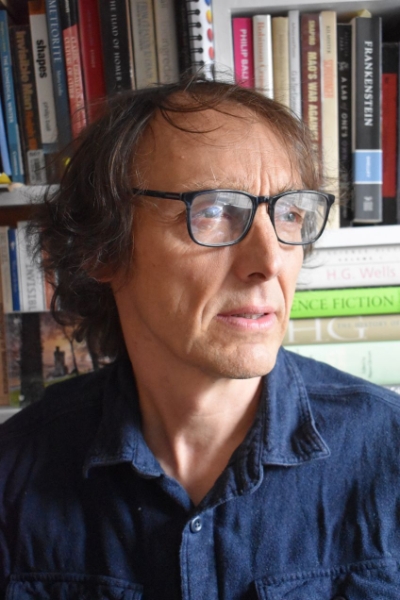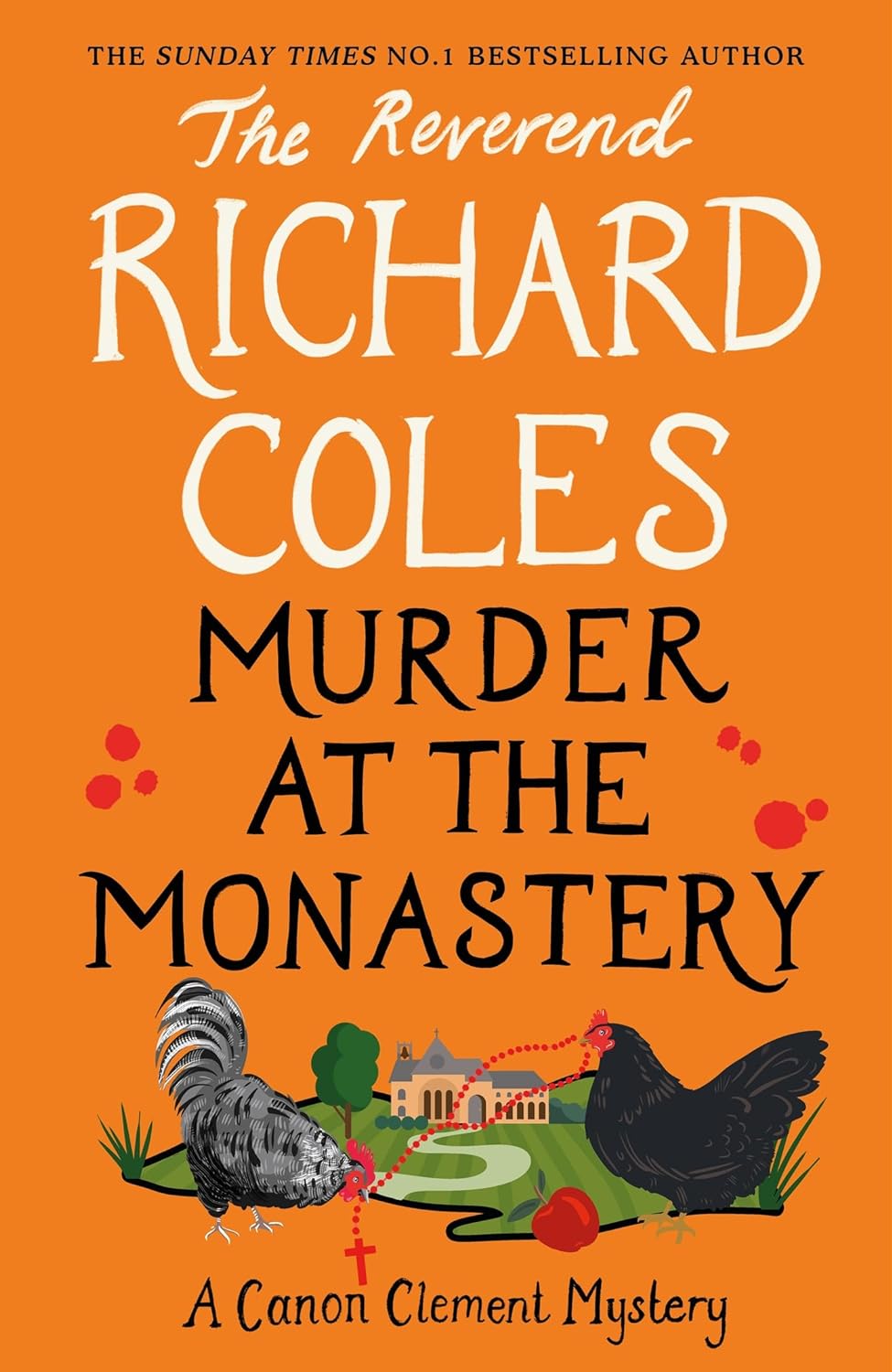Philip Ball
Author:
Philip Ball
Date of birth: 30-Oct-1962
Place of birth: Newport, Wales UK
About the author:
Philip Ball is a British author, broadcaster, and former physicist known for his engaging and thought-provoking books that bridge science, history, art, and culture. He has written extensively on a wide range of scientific topics for general audiences, earning a reputation as one of the most versatile and insightful science communicators of his generation.
Ball was born in 1962 in England and studied chemistry at Oxford University, later earning a PhD in physics from the University of Bristol. He began his career as an editor at Nature, one of the world’s leading scientific journals, where he worked for over a decade. His background in both the sciences and the humanities has helped shape his unique interdisciplinary approach to writing.
Philip Ball is the author of more than 25 books, covering topics such as molecular biology, quantum physics, colour theory, water, and the history of science. His notable works include:
•Bright Earth: The Invention of Colour – exploring the science and history of pigments in art
•Critical Mass – a study of how physics and social science intersect, which won the Aventis Prize
•The Music Instinct – examining the science and psychology of music
•How to Grow a Human – a meditation on stem cells, identity, and the nature of being
•The Book of Minds – a deep dive into consciousness and what it means to have a mind
Ball is also a frequent contributor to BBC Radio, The Guardian, New Scientist, and other major media outlets. His writing is praised for its clarity, intellectual depth, and ability to weave complex ideas into compelling narratives.
Beyond his nonfiction work, Ball has also written fiction, including short stories and the novel The Sun and Moon Corrupted. He continues to lecture internationally and remains a key figure in promoting public understanding of science and its impact on society.

This page was updated on: 1st September 2024

